The European Commission is reportedly preparing to sanction Qualcomm for anti-competitive practices in supplying components to Apple for use in its iPhones, with the antitrust watchdog potentially levying a fine against the chip producer of up to $2 billion.
Expected to take place on Wednesday, the Financial Times reports the European Commission will issue a ruling declaring Qualcomm to have hurt competition and innovation in its dealings with Apple. The dealings are alleged to include Qualcomm paying Apple to be the exclusive vendor of communications chipsets for iPhones, which report sources say took place between 2011 and 2016.
The move effectively excluded all other chipset vendors offering similar components that could have been used by Apple. In 2016, Apple started to use Intel-supplied modems in the iPhone 7 and iPhone 7 Plus, while a report in October suggested Apple was seriously considering eliminating Qualcomm's modems from future iPhones entirely.
Under EU rules, fines are capped at a maximum of 10 percent of annual turnover, which if used would cost Qualcomm in the region of $2 billion. As the European Commission is allegedly seeking to use the fine to punish Qualcomm and act as a deterrent for future offenses, it may elect to go close to the maximum allowable penalty.
The investigation into Qualcomm's deal with Apple commenced in June 2015, with the Commission issuing a charge sheet over the matter five months later. On issuing the charges, European competition commissioner Margrethe Vestager expressed concern that "Qualcomm's actions may have pushed out competitors or prevented them from competing.
This is not the only investigation the European Commission is conducting into Qualcomm, as it is still looking into the chip firm's actions between 2009 and 2011, when Qualcomm produced a chipset to two of its customers at below cost. It is claimed this activity was aimed at forcing the rival Icera out of the market, a firm based in the UK that was acquired by Nvidia in May 2011 and shuttered four years later.
The ruling could have an impact on Qualcomm in a number of areas, including its ongoing and various lawsuits against Apple, giving the iPhone producer more ammunition in court. The list includes a $1 billion suit from Apple claiming unpaid rebates withheld over Apple's part in an antitrust investigation, a countersuit from Qualcomm citing breach of contract, requests by Qualcomm to the U.S. International Trade Commission to block iPhone and iPad imports, and patent infringement suits in Germany and China.
In November, Qualcomm revealed the toll its lawsuits and fines, as well as actions such as Apple withholding royalty payments, had on its finances. For the fourth quarter, Qualcomm's net income dropped year-on-year from $1.6 billion to just $168 million, with the firm claiming its earnings "were negatively impacted as a result of actions taken by Apple and its contract manufacturers."
Qualcomm has already been fined $773 million by Taiwan's Fair Trade Commission, which found the company guilty of anti-trust and monopolistic tactics. According to Focus Taiwan, Qualcomm recently applied to pay the fine in installments, with the FTC confirming t will review the application in the near future.
 Malcolm Owen
Malcolm Owen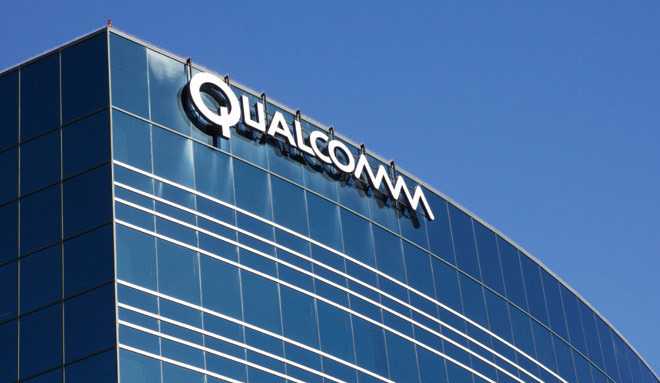


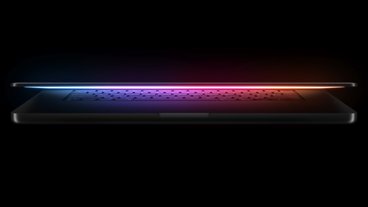

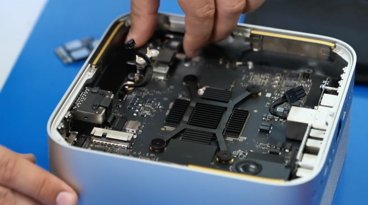








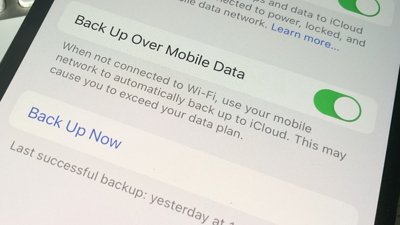

 Marko Zivkovic
Marko Zivkovic
 Andrew Orr
Andrew Orr
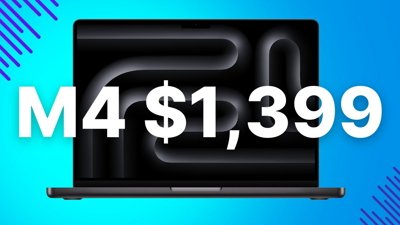
 Christine McKee
Christine McKee
 Andrew O'Hara
Andrew O'Hara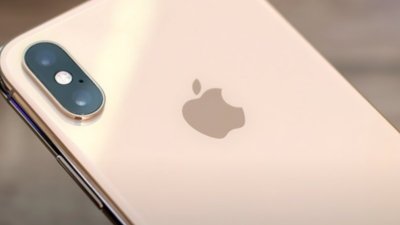










19 Comments
Crossing fingers that Qualcomm gets the hammer dropped hard on it. They deserve everything bad coming their way.
Guess this is the new income stream for the EU. Looks like they’re following the patent troll playbook. Qualcomm needs to be fined but how many countries are going to jump on the bandwagon?
Might need to investigate BMW’s rediculous charging for CarPlay but why fine one of your own.
As much as I dislike Qualcomm, I’m trying to understand what EU law they violated. Certainly, their behavior was anticompetitive and gave Apple an unfair price advantage for their paid for ‘loyalty.’
But I think merely being anticompetitive is not enough to warrant the EU’s attention. Is it not anticompetitive when you offer a product at a lower price than competitors? Yes, but no laws are broken and it is normal marketplace practice to compete on price. Is it not unfair when you can get a better price from a supplier when you bargain harder than your competitors? Yes, but it is also normal marketplace behavior to try to get the best bargain to reduce unit costs and increase profits.
So again, what laws did Qualcomm brake? Or was it just bad optics and political opportunism that motivate EU attention?